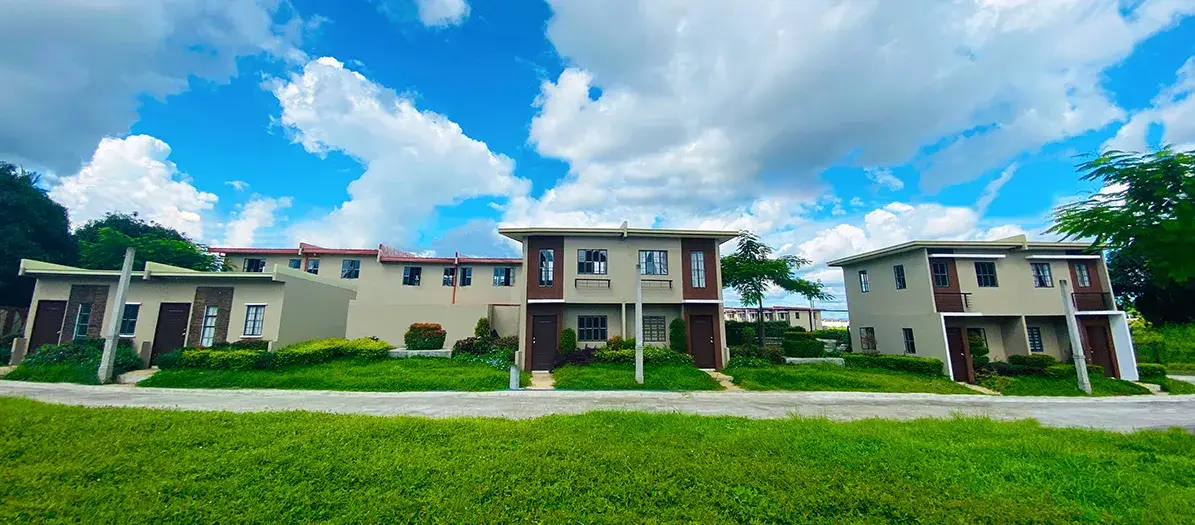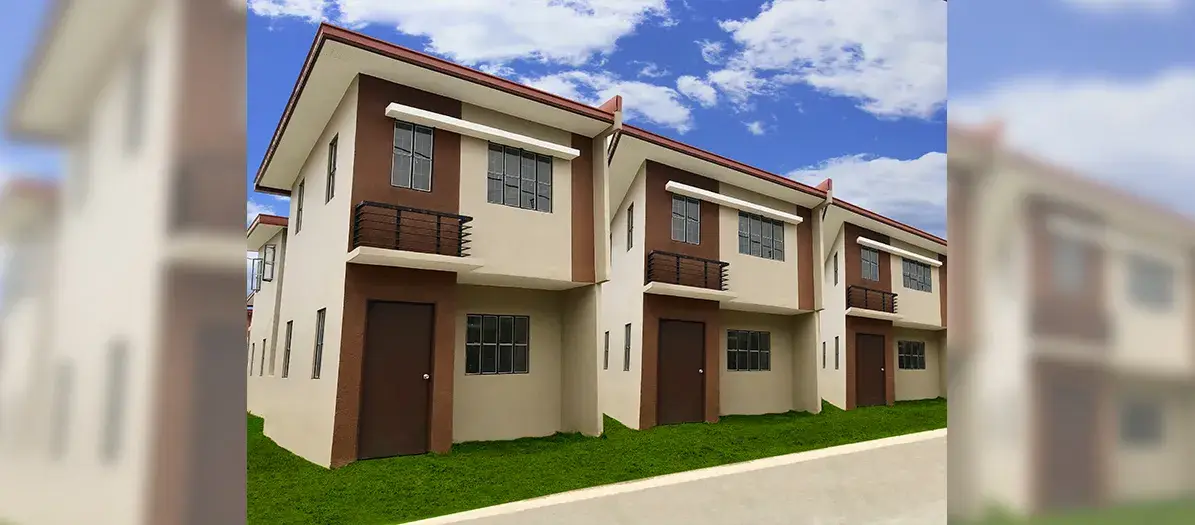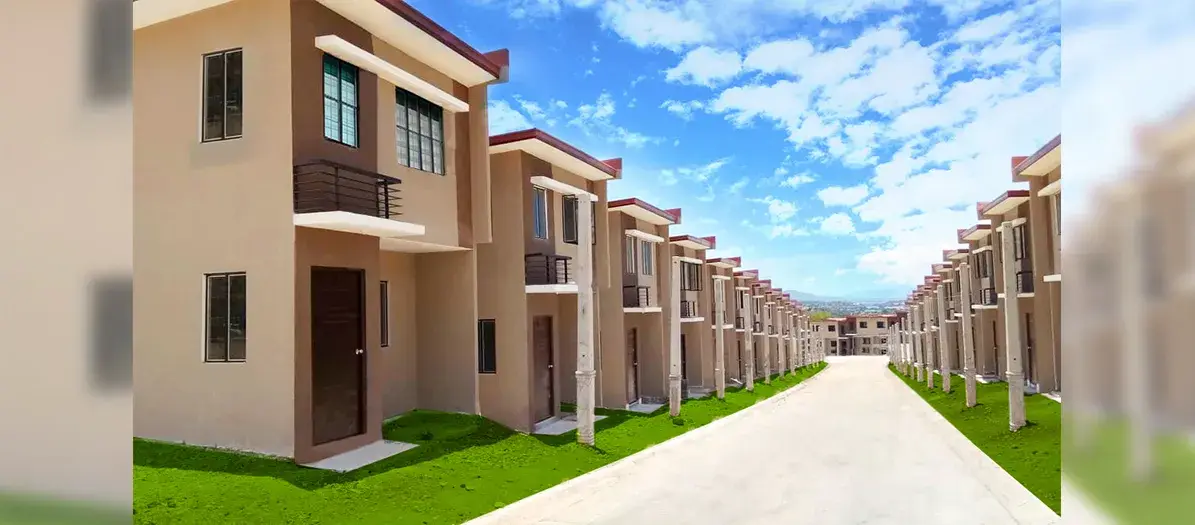How Can a Foreigner Own a Property in the Philippines
1 May 2022
Many reasons, such as our tropical environment, the friendliness of the Filipino people, and excellent financial prospects, are causing an increase in the number of foreigners interested in purchasing property in the Philippines.
While some individuals are still unsure whether foreigners may own property in the nation, there are many more who believe they can. In the Philippines, foreigners are permitted to acquire real estate property, but they are not permitted to purchase and possess any land. In short, it is not possible for foreigners to own property in our nation without limitations.
For the most part, only Filipino nationals and businesses or partnerships that have at least 60% of their shares held by Filipinos are allowed to buy or possess property in the Philippines. Foreigners or non-Philippine citizens may, however, acquire condos, buildings and engage in long-term land leases.
Residents of other countries are allowed to buy and own condominiums developed in the Philippines. There is still a 40 percent ban on foreign ownership of condominium units since a condominium project is analogous to a business setup where 60 percent must be held by Filipinos. In spite of our laws clearly prohibiting the ownership of land and other real estate holdings by foreigners, these restrictions are susceptible to some exceptions.
Exceptions that enable foreigners to purchase land in the Philippines
A foreigner is allowed to purchase and own property in the Philippines in at least six (6) conditions-- and yes, these include land. So, if you're a foreign national wishing to buy and own property in the Philippines, have a look at our collected guide below for more information and resources about real estate property investment in the Philippines.
1. Land Acquisitions made prior to the Philippine Constitution of 1935
To be honest, this is a really simple process. Foreigners who bought and owned land in the Philippines before the 1935 Philippine Constitution would be entitled to keep their property even after the constitution was adopted.
A non-Filipino citizen's right to use and possess his or her property and land, even if the 1935 Constitution has already been superseded by the 1987 Philippine Constitution, is nonetheless recognized by the current Constitution.
2. Property Purchase by foreigners married to Filipino citizens
If a foreigner marries a Filipino, he or she may acquire land in the Philippines, but the title to the property, known as the TCT or Transfer Certificate of Title, will be in the name of the Filipino spouse. The contract or deed of sale may contain the foreigner's name, but it cannot be included in the TCT or property title.
Although the foreigner may have bought and acquired the property, he does not really "own" it. As a starting point, he is not authorized to sell the property without the specific agreement of the Filipino spouse, who is the true "owner" of the land as stated on the land title.
In the case of the Filipino spouse's death, the foreigner is the natural successor to the property. The following possibilities are accessible to the foreigner, who is not authorized to own land:
Getting the money from the sale and disposing of the property in a suitable length of time.
Passing the land ownership to the heirs or offspring of the original owner.
The Filipino spouse's relatives, if there are no children, will get ownership of the home.
3. Property acquired through hereditary succession
The 1987 Philippine Constitution explicitly prohibits foreign nationals from purchasing property in the Philippines. Nevertheless, the same Constitution's Article XII, Section 7 offers a modest exception that permits heirs to obtain the property, even if the heir is a foreigner.
In a simple explanation, a foreign citizen may acquire real estate in the Philippines provided that he or she is a legal or natural successor via hereditary succession and has been included and initiated in the "Last Will and Testament" of the property owner.
Again, the law must determine whether the foreigner named in the will is a "compulsory heir" by virtue of "hereditary succession" in order for the will to be valid. According to Article 887 of the Philippines' New Civil Code, "legitimate children and descendants, with regard to their legitimate parents and ascendants," are deemed mandatory heirs.
Intestate succession, or when a landowner dies without leaving a "Last Will and Testament," follows the same set of principles. The law of the Philippines allows the foreigner to hold and acquire the land because of intestate succession.
Succession in the Philippines according to hereditary or intestate law
Below is the Order of hereditary or intestate succession under Philippine laws:
Legitimate children or descendants of the deceased;
Legitimate parents or ascendants;
Illegitimate children or descendants;
Surviving spouse;
Siblings (brothers and sisters), nephews, and nieces;
Other collateral relatives within the fifth degree; and finally,
The State (Philippines).
In the final will and testament, can a foreigner who is not connected at all to the property owner's family be lawfully designated as an heir to receive the land?
This is not permitted under Philippine laws. A property owner who dies without leaving a will is only authorized to pass on land to a foreign citizen via hereditary or intestate succession. No one is authorized to inherit land by testamentary succession, or by being included in the will. This situation could be seen as an evasion of the provisions of the Philippine Constitution and consequently, considered illegal under the current legislation. Anyone could pay a landowner to name them as their testamentary heirs and therefore acquire any land, if this were legal in the Philippines.
4. Availing of condominium units
The fourth scenario is the simplest to comprehend since it is the most popular manner for foreigners to acquire property in the Philippines, according to several sources.
Foreign nationals may purchase condo units in any condominium development in the Philippines under the Condominium Act of the Philippines, or Republic Act (RA) 4726, as long as foreign ownership of such development does not exceed 40%.
In order for you to understand this scenario better, let's suppose that there are now 100 apartments available in Condominium Project X. Project X Condominium Corporation, the remaining owner of the condo building, is owned by each of the 100 unit owners in accordance with the legislation. As long as the amount of foreign ownership in the condo complex does not exceed 40%, the developer may promote and sell condo units to foreigners.
Suppose that the following groups of foreigners purchased the following Condominium Project X units, as shown in this example:
1 American citizen bought 4 condo units = total of 4 units
20 Chinese citizens bought 1 condo unit each = total of 20 units
8 Korean citizens bought 2 condo units each = total of 16 units
Total condo units in Project X owned by foreigners = 40 units
A total of 40 of the 100 apartments in the condo complex are owned by foreigners, which means that the 40% foreign ownership restriction has been satisfied and this is permitted. Anything more than that, say 41 units or more, is prohibited and in violation of the law.
No one from the condo unit owners on which the condo was constructed owns the property. In actuality, the Condominium Corporation owns the land. Owners of land held by a Condominium Corporation vote on what to do with it once the corporation dissolves, which is typically around 50 years after its establishment. These are the most common choices they have:
you may either opt to destroy the building and establish a new condo or you can create an entirely new condominium company that will own the new condo.
to sell the property on which their present structure sits while dividing their profit equally based on their percentage ownership in the condominium company.
5. When a corporation acquires a land
Through the construction of a local business owned by foreigners, foreigners may acquire property in the Philippines legally and quickly. Registration with the Securities and Exchange Commission (SEC) is all that is required in this case for the formation of a business (SEC).
A business must still adhere to the 40 percent foreign ownership limit, which implies that Filipinos must still own at least 60 percent of the shares in that firm.
Any real estate property, including land, home and lot, condominium units, or commercial buildings, may now be purchased by the company after it has been authorized by SEC. ' There are several advantages to owning a portion of a firm, including access to the company's assets and profits. However, the overall ownership share of the foreigners is restricted to just 40%.
The foreigner is entitled to a proportional part of the company's residual assets upon the company's dissolution, but this does not entitle him to the ownership of the land held by the business. The land may be sold and the money dispersed to the owners, which includes the foreigner.
6. A natural born Filipino foreigner who would like to avail a land ownership
The 1987 Constitution grants property ownership rights to natural-born Filipinos who have earned citizenship in another country but have lost their Filipino nationality. In other words, foreign nationals who were born and raised in the Philippines are allowed to buy and own property.
To be a natural-born Filipino, one does not need to execute any act to obtain or perfect their Philippine citizenship, as defined by the Philippine Constitution. A person is said to be a natural-born Filipino if they are one of the following:
You are a Filipino citizen at the time of the passage of the 1987 Constitution.
Those who were born after January 17, 1973, and whose parents were Filipino citizens at the time of their birth.
Anyone born before January 17, 1973, to a Filipino father or a Filipino mother, and who chooses Filipino citizenship upon attaining the age of adulthood which is 18 years old, is eligible for Filipino citizenship.
The Naturalization Law of the Philippines allows foreigners to become citizens of the Philippines.
A Filipino citizen who has not forfeited their Filipino nationality after getting married to a foreigner.
As a result of acquiring dual citizenship meaning Filipino and non-Filipino nationality.
A person's unmarried kid, whether legitimate or not, who was adopted or re-acquired Philippine citizenship under the Citizenship Retention and Re-acquisition Act of 2003 (RA 9225) is entitled to Derivative (origin or descent) citizenship.
Land ownership law for foreigners who were natural born Filipino citizen
Non-Filipino nationals who were born in the Philippines are subject to the following restrictions when it comes to land ownership:
1. Limits on the amount of land that may be purchased for personal use:
1,000 square meters (sqm) of urban land
1 hectare of rural land
2. Limits on the amount of land that may be purchased for business or commercial purposes:
5,000 square meters (sqm) of urban land
3 hectares of rural land
This privilege may be taken advantage of by either of the former natural-born Filipino spouses, although the overall purchase cannot exceed the maximum allowable area. Moreover, if you currently own urban or rural property for residential purposes, you may buy more land for that purpose, provided that you don't exceed the maximum amount specified above when combined with the land you already possess.
Likewise, even if you are a Filipino citizen and already own an urban land or a rural land, you must follow the same requirements for using it for commercial reasons.
A natural-born Filipino may only own two (2) lots, each of which must be located in a different municipality or city in the Philippines and have a combined area of no more than 1,000 square meters for urban land or one (1) hectare for rural land used for residential purposes, or no more than 5,000 square meters for urban land or three (3) hectares for rural land used for business purposes.
Now that you know about the exceptions and limitations of acquiring real property in the Philippines as a foreigner, it's time for you to decide what is the best investment for you.
If you would like to take advantage of the simplest form of acquiring a property in the Philippines which is through availing a condominium unit, Prima Tanza is one of the best choices in the country.
Prima Tanza is situated in the middle of a 500-hectare mixed-use development with facilities such as but not limited to business process outsourcing (BPO) offices, transportation hubs and an economic zone that enables it condo unit owners to maximize their time while living here.
Prima Tanza's 3 hectares of innovative vertical development will also include up to 10 walk-up condominium complexes, more than 100 parking places, and intelligently built services and amenities. In addition, there are 20 apartments per level in each building.
Reserve a condo unit now in Prima Tanza and enjoy the perks of living in a highly accessible area.
Loan Calculator
Try Lumina Homes' loan calculator and get an estimate computation for your preferred Lumina property and home model.














